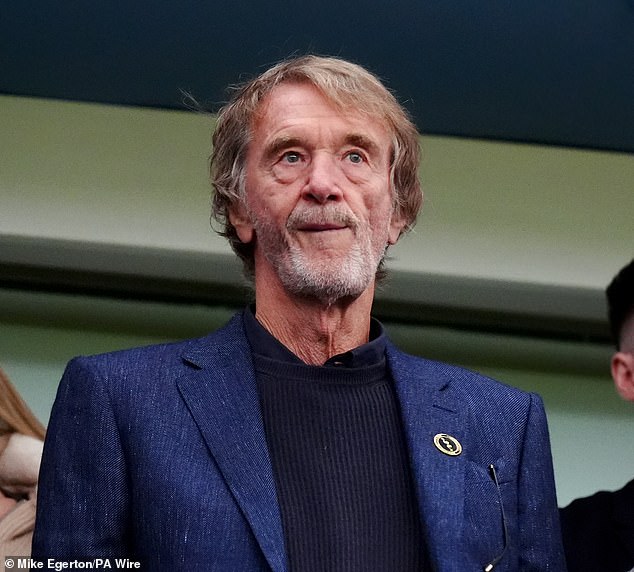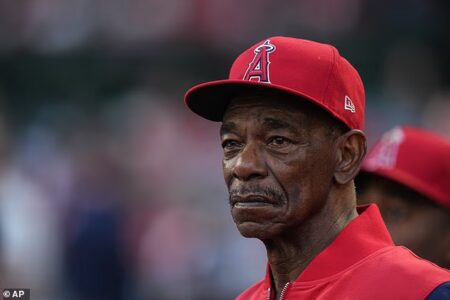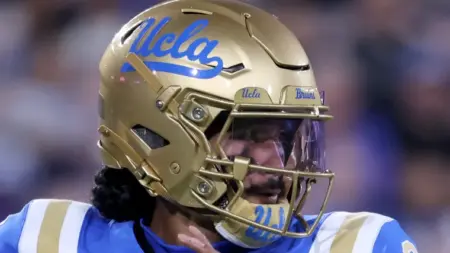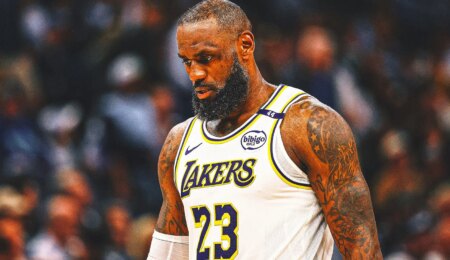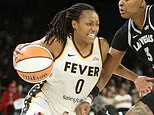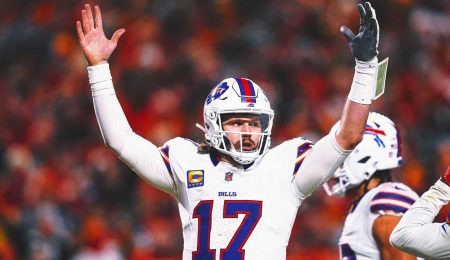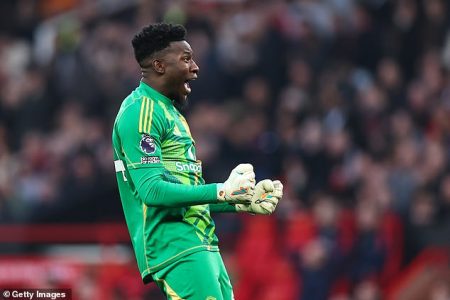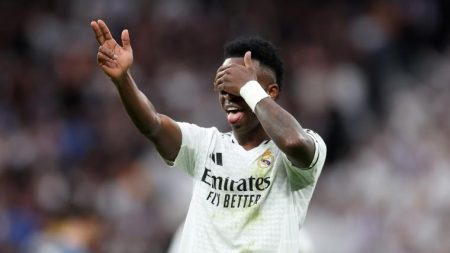Sir Jim Ratcliffe Engages with Manchester United Fans on Ticket Prices
Sir Jim Ratcliffe, the 72-year-old billionaire and new owner of Manchester United, recently held a robust and candid meeting with the Fan Advisory Board (FAB) at the club’s Carrington training ground. The primary focus of the discussion was the club’s approach to ticket prices for the upcoming 2025-26 season. Ratcliffe, who has been a controversial figure among fans since taking over the club, listened to the supporters’ concerns and the need for transparency and consultation. Fans are particularly worried about the recent increase in seat prices to £66 for certain matches and the removal of concessions for children and pensioners, which they feel were implemented without adequate engagement. The meeting was a crucial step in rebuilding trust and addressing the financial challenges the club faces.
Financial Challenges and Job Cuts
Manchester United’s financial issues have been a significant source of concern for both the club and its supporters. Ratcliffe and his company, Ineos, have already made the difficult decision to cut 250 jobs at the club, and Mail Sport reported that another 100-plus staff are set to be made redundant to free up funds for first-team spending. These cuts are a reflection of the club’s need to streamline its operations and allocate resources more effectively. However, the financial strain has also raised fears among fans about potential further hikes in ticket prices. The FAB representatives were firm in their stance, emphasizing that such decisions without proper consultation could be counter-productive and further alienate the fanbase.
The Importance of Fan Engagement
The FAB, consisting of 13 dedicated fan representatives, stressed the importance of engaging with supporters before making major decisions on ticket pricing. They argued that the mid-season increase to £66 and the removal of concessions were poorly received because they felt these changes were imposed without their input. Ratcliffe, known for his direct and pragmatic approach, acknowledged the fans’ concerns and took their opinions on board. The meeting highlighted the need for a more collaborative and transparent process, which could help in maintaining a positive relationship between the club and its supporters. Ratcliffe’s willingness to listen and engage is a positive sign, but the fans are eager to see concrete actions that reflect their feedback.
A Second Meeting and Continued Dialogue
This meeting was the second between Ratcliffe and the FAB, following their initial face-to-face talks last year. Since his investment was confirmed in December 2023, Ratcliffe has injected a substantial £241 million into the club, demonstrating his commitment to its success. However, the relationship between match-going fans and the new owner has deteriorated in recent months. The continued dialogue between Ratcliffe and the FAB is crucial as the club prepares to announce the renewals process for next season. Both parties recognize the importance of maintaining open lines of communication to address the financial and operational challenges effectively.
Fan Frustration and Public Outcry
Supporters of Manchester United are increasingly frustrated with the club’s financial decisions and the team’s performance. Currently, the team is struggling, sitting 13th in the Premier League table under the management of Ruben Amorim. This poor form, coupled with the recent ticket price increases, has led to a significant backlash. During United’s win at Fulham last month, fans in the away end voiced their anger, calling Ratcliffe a derogatory term and comparing him to the much-reviled Glazer family, who were the previous owners of the club. The fans’ frustration is palpable, and Ratcliffe’s meeting with the FAB is a step towards addressing these concerns and rebuilding the relationship with the club’s loyal supporters.
Ratcliffe’s Stance and Future Considerations
In December, Ratcliffe’s comments in an interview with the United We Stand fanzine further fueled the fans’ discontent. He explicitly stated that Manchester United should not charge less for tickets than Fulham, a sentiment that was met with widespread criticism. Ratcliffe’s approach to ticket pricing is rooted in his belief that the club needs to generate more revenue to compete at the highest level. However, the fans argue that such increases could drive away loyal supporters and damage the club’s reputation. The meeting at Carrington was a critical opportunity for both sides to air their views and seek a middle ground. While no concrete decisions were made, the dialogue is expected to continue as the club navigates its financial and operational challenges.

